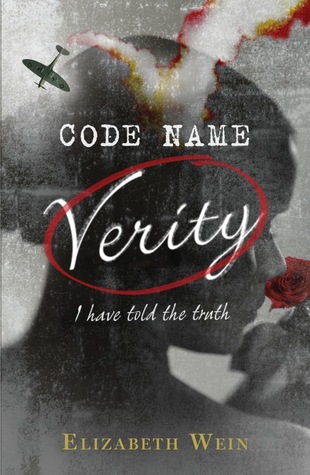Maus opens with Spiegelman visiting his elderly father and asking him to recount his experiences. It soon becomes clear that the father-son relationship isn't perfect, and the wartime sections are interspersed with modern day encounters. Spiegelman senior was a bit of a wheeler-dealer and he was able to survive the Holocaust by a combination of luck and always staying one step ahead of the game, looking out for new ways to make himself useful, to do whatever was necessary to survive. These same skills (keeping everything because you never know when it might come in handy, wasting nothing, learning to deal with extreme situations) later form a wall between father and son and make functioning in the real world and dealing with real relationships almost impossible. The version of Maus I read contains both book one and two.
I just loved this book, and devoured it in less than a day. I was worried that I would find the experience of reading a graphic novel difficult, but I soon got used to the format and in fact, started to appreciate how the pictures allow a different kind of story-telling. When Spiegelman Sr is talking about his time in Czechoslovakia before the war, the arm band that Jewish citizens had to wear enters the pictures without any mention a couple of pages in, a subtlety that wouldn't be possible in an ordinary novel. The technique of drawing the Jews as rats and the Nazis as cats also adds impact that is only possible in a graphic novel. Furthermore, it helps that the pictures were simple but beautifully drawn:
But above all, Maus is an excellent book because it's a powerful account of a horrible period of history and hearing about it from one person's experience humanises it for the reader. That we get to see that survival doesn't guarantee a happy ending makes it all the more powerful. I'm so glad that I was in a restless reading mood, otherwise I might never have got to read this book.
Source: Library
First Published: 1986 (vol 1) & 1992 (vol 2)
My Edition: Penguin Books, 2003
Score: 5 out of 5









